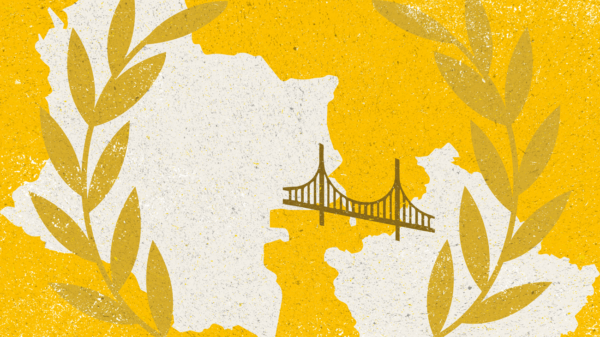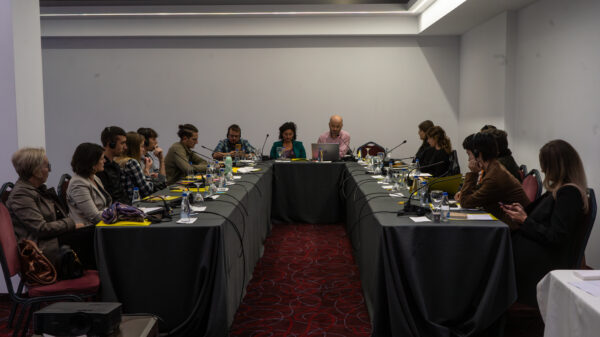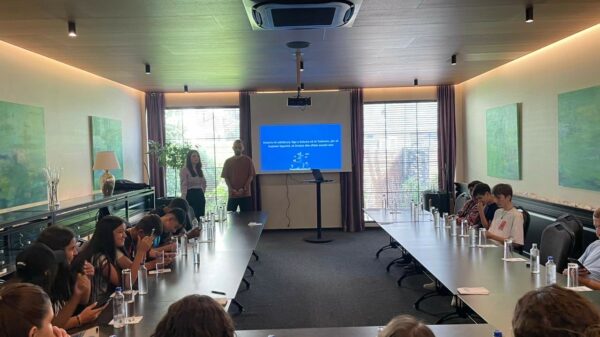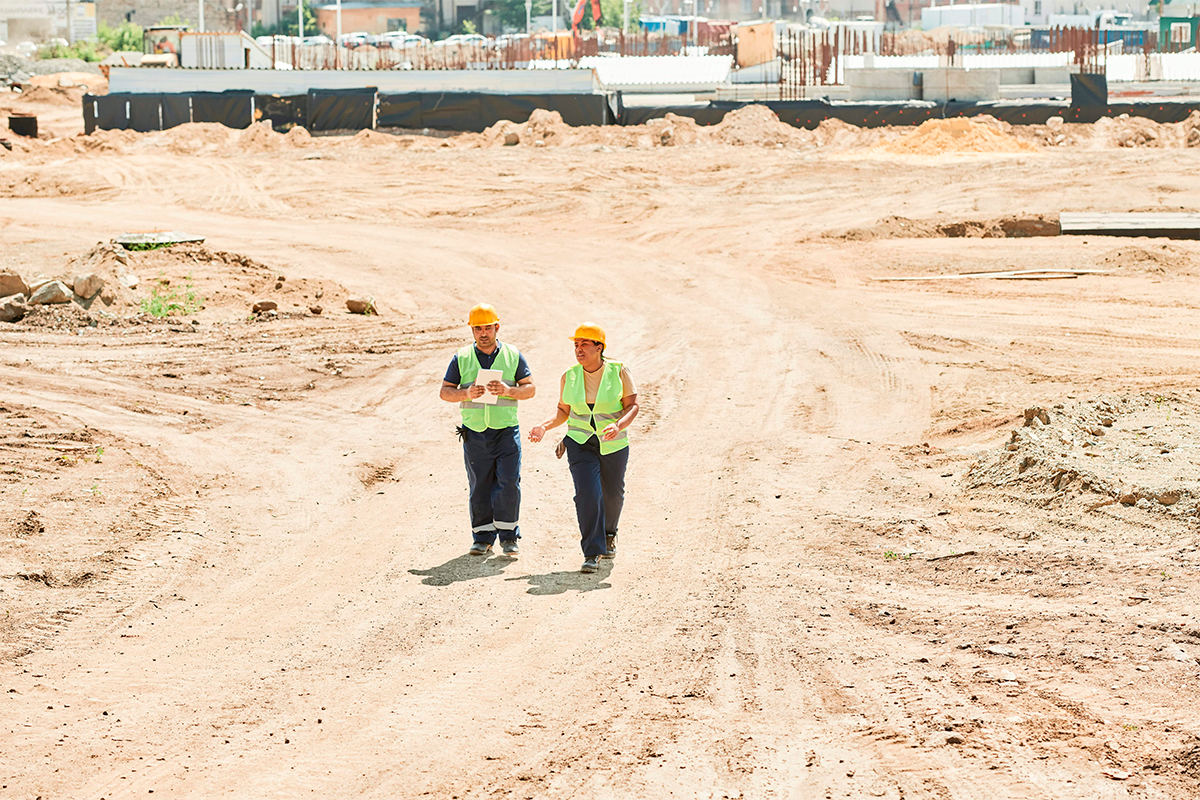Artikulli i përkthyer.
Over the past two decades, countries in the Western Balkans have lost a significant percentage of their populations and the region is now experiencing a demographic crisis. Kosovo is not exempt from this phenomenon, experiencing a substantial depopulation. Between 2012 and 2022, 338,000 Kosovars have emigrated.
The situation is poised to escalate further with the onset of visa liberalization in January 2024. A recent survey highlights that more than 28% of Kosovars want to emigrate from the country. The effects of this emigration are already evident, with the ubiquity of help wanted signs in many small shops and companies.
Kosovo faces an additional demographic dilemma marked by a shrinking and aging population. According to the Kosovo Agency of Statistics (ASK) in 2019, it was estimated to fall to 1.49 million by 2061. This means that the population may be falling much faster than expected.
Many factors are in play here, with the economy being the most obvious. Kosovo has one of the lowest GDPs in Europe and the post-pandemic inflation has led to a sharp increase in prices.
Kosovo will soon face a choice: Slowly wither away from a lack of local talent or try and attract immigrants.
There are alternative measures to address this issue, including raising salaries and creating more equitable working conditions to keep people in Kosovo and attract the diaspora to return. However, the most immediate and impactful solution is increased immigration, a trend already unfolding across the region. Countries like Albania, Serbia and Croatia have begun seeking labor, reaching as far away as Bangladesh in some cases.
At present, Kosovo has extremely low foreign immigration, with just under 3,000 people immigrating for work in the previous year.
Attracting more immigrants to Kosovo brings financial, social and political advantages, as well as stemming the demographic fallout. It would require the Kosovo society to adapt but it would also inspire renewal.
Many immigrants have the potential to generate and invest money into the local economy and build businesses. Most immigrants possess at least a secondary school education, despite the stereotypes of most being impoverished, poorly educated and largely male.
These individuals often bring valuable resources, both financial and human, as they seek opportunities for a new life. Ukrainian immigrants, for example, are usually well-educated women, looking for short-term financial support, jobs, schools and other services for children. But Ukranians didn’t find that in Kosovo and most of them have already left because Kosovo doesn’t have comprehensive integration programs.
Countries in need of immigrants must focus on developing integration programs, including language courses, skills assessment, facilitating economic investment, enhancing healthcare and education services, addressing discrimination, and establishing more flexible right-to-work schemes.
Albania, for instance, is already working on these issues with the large influx of Afghans who were stuck there during the exodus after the Taliban took over Afghanistan. It hadn’t planned to integrate the Afghans but found itself needing schemes that included cultural integration.
In order to attract immigrants and benefit its economy, Kosovo can learn from other countries in the region and develop its own integration programs.
In addition to the economic benefits, the influx of migrants contributes to greater diversity in Kosovo, as individuals bring with them their unique customs, traditions, languages, and beliefs. From a societal perspective, this also fundamentally alters national identity, redefining the concept of what it means to be Kosovar.
This develops a more inclusive society and helps local minorities and women by removing the assumptions of nationalism and ethnicity that naturally veer toward discrimination.
Immigrants bring opportunities in a variety of ways. It’s up to societies to modernize and accept them and their cultures. Sooner rather than later, Kosovo will have to make that choice too.




















































